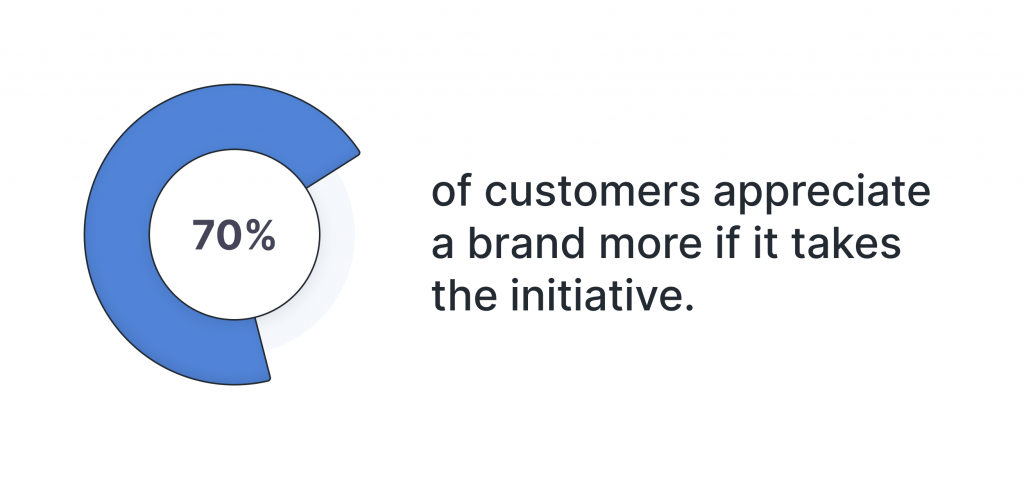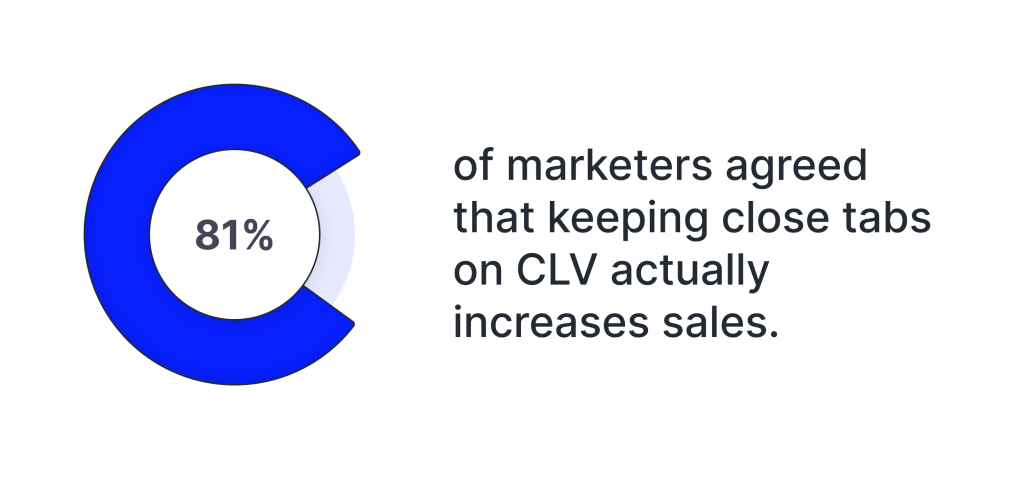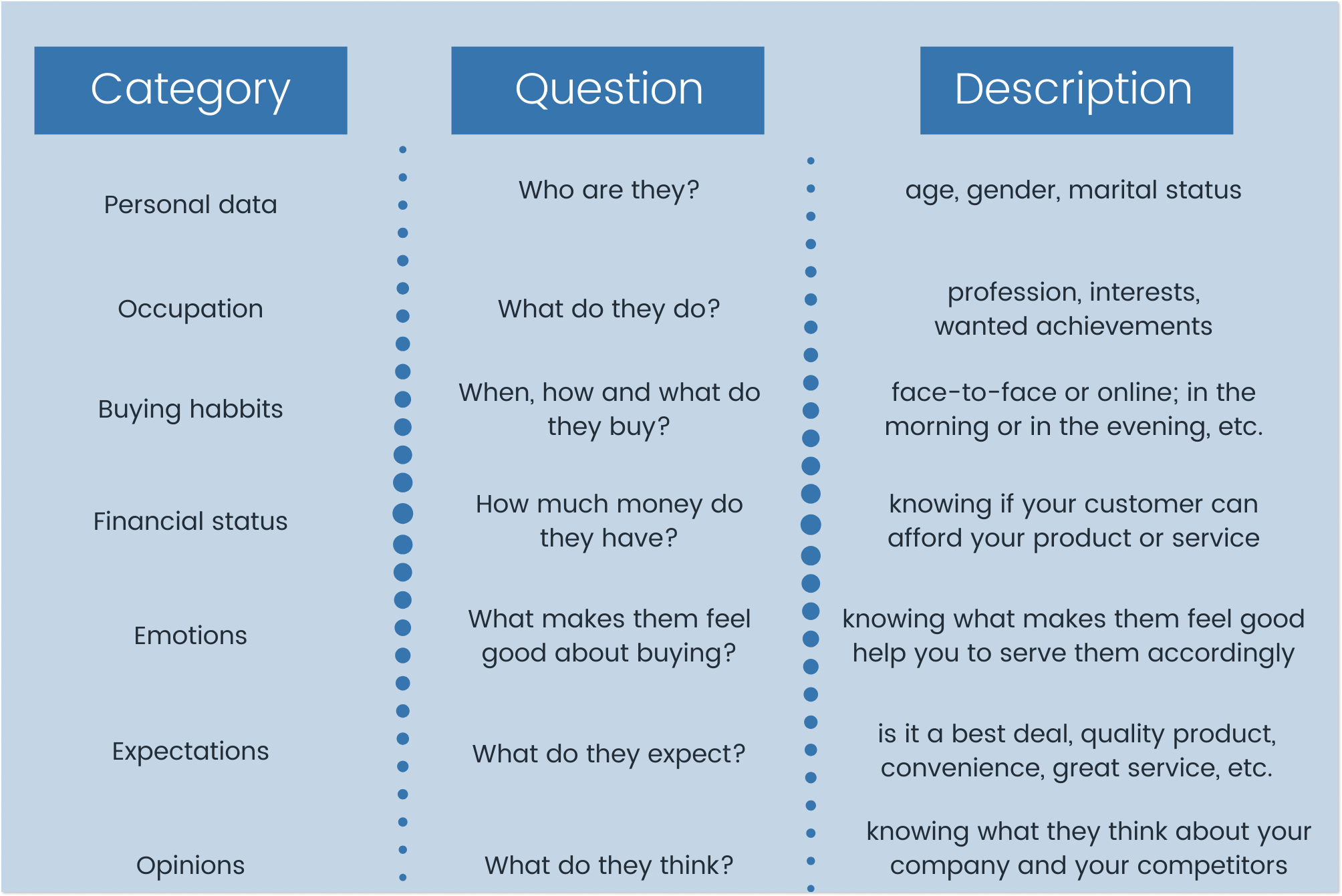Why is Customer Service Important? No More Secrets
Here are 7 undeniable reasons (with a bonus tip inside!)
Written by Olesia Melnichenko

I would lie if I told you that the world knows just a pickle of theories and disputes about how to achieve impeccable customer care. However, we do forget to explore why customer service is important.
The concept is not limited to a simple ‘it drives sales.’ The true value is the client base that can give you their loyalty. Moreover, a customer support department should be as essential as other teams within a company. After all, there’s a direct connection between them.
Now, on to the meat and potatoes. Why is customer service important, and how to correlate your business with it and reap absolute benefits? Let’s crack that down.
What is customer service?
Customer service is the backbone of any successful business, serving as the bridge between a company and its clients. It encompasses the entire range of interactions and support provided to clients before, during, and after a purchase.
Supporting clients is not limited to resolving complaints or answering questions, it also involves deconstructing bad customer experience, understanding their needs, and going the extra mile to exceed expectations.
In today’s competitive marketplace, bad customer service is no longer an option, you must strive for exceptional support if you want your brand to survive and stand out in 2023 and beyond.
Benefits of good customer service
The perks of good customer care might seem obvious, and yet many companies keep offering poor customer service. I’m sure, my dear reader, you are not one of them and want to succeed. If that’s so, then you should nail the way your company interacts with its users.
Here are some key benefits of good customer service:
Increased customer satisfaction. When users receive good service, they are more likely to be satisfied with their experience. This is because they feel valued and respected. Customer satisfaction is essential for any business, as it leads to repeat purchases and positive word-of-mouth.
Improved customer loyalty. If the service is good, users will definitely come back and, who knows, maybe become your loyal customers. They might also recommend your company to their friends and family.
Increased sales. Good customer service can lead to increased sales in a number of ways. For example, happy users are more likely to buy from you again and be the first to try your new offer, supporting your company’s growth.
Improved reputation. A business with a reputation for good customer service has more chances to attract and retain clients. This is because users trust and deal with brands they know will provide them with brilliant service.
Reduced costs. Good customer service helps to reduce customer churn, which can save the business money on marketing and sales costs. Additionally, it can help to improve customer satisfaction, which can lead to reduced customer support costs.
Why customer service is important: 7 reasons you should know
We at HelpCrunch – a full-house customer support software – have no doubts about the ultimate importance of customer care. Here is the list of reasons we’ve put together that can convince you of the same. Tick off your fingers:
1. Your brand image is transformed
A brand for a company is like a reputation for a person. You earn reputation by trying to do hard things well.
Jeff Bezos (CEO of Amazon)
I can’t but agree with the statement above. Support agents accept the challenge of dealing with both angry and satisfied customers. To put it simply, they set the tone for the whole interaction.
Your helpful attitude forms the brand image, which contributes to a positive first impression. The stats actually speak for themselves. 73% of customers love a company because of friendly assistance.

Everything that implies handling peoples’ complaints is serious. One of the greatest mistakes a company can make is leaving customer support up to chance. I bet it’s not about you.
To be on the safe side, create a well-thought-out communication strategy so that every support agent knows how to chat with clients smoothly. Proper customer service training won’t go amiss, too.
2. Marketing opportunities jump high
70% of customers appreciate a brand more if it takes the initiative and contacts them first. This is what proactive customer service is all about. Showing your dedication to helping at any time can be a win-win solution. This way, they will know you’re working hard to remove any possible handicaps from their user experience.

Being proactive isn’t just about customer delight. It’s also a powerful marketing tool you can take advantage of. For instance, if you roll out a fresh feature that solves common problems, your support team can refer it to your users in the personal email newsletter addressed to those who requested the feature in question.
Consider broadcast emailing with all your recent product improvements. Such an approach can be even more effective than a sales pitch as clients feel their needs are fully met.
3. Honest feedback is no longer to beg for
Though feedback can make or break your business, it’s still what you may need to hold up well. 47% of customers will speak up on social media and tell everyone about their complaints.

But here’s something even trickier. Only one out of 26 clients will bring up their complaints. The others will switch to another brand.
Team leaders, developers, and everyone working on a product have a certain opinion about it. But clients take a new look at it. That’s a good thing. By using that fresh look, they can shed light on some parts of your business that require further improvement.
You don’t have to share every feedback customers give you. Conversations you have day by day are perfect for gathering client reviews. And you have plenty of ways to do it:
- Customer feedback surveys
- Social media
- On-site activity
- Email and contact forms
- Usability tests
What perks can you get through asking for feedback? Happy customers who can become your brand advocates, improved customer retention, and customer service, to name just a few.
4. Word of mouth is changed for the better
If you provide good customer service, you’ll hear about it. The same goes for customer support, which leaves much to be desired. People know they’re allowed to be spoiled these days and have inflated expectations.
92% of people believe suggestions from friends and family more than advertising. This is when everything is OK. But what if it’s NOT OK? An unhappy customer will tell 9 to 15 people about their experience.

Even a bit of negativity can spoil what you’re so passionate about. What can you do about it? Consider measuring customer satisfaction constantly: losing a single unhappy client is one thing, but watching 30 people go because of that negative word of mouth is a different story. This is what the importance of customer support actually implies, you just have to stick with it.
Today, such forward-thinking companies as HelpCrunch keep close tabs on the overall client experience. To hold a satisfaction rate not lower than 95%, remember to check everything from the Customer Satisfaction Score (CSAT) to the first response time.
5. The revenue level upgrades
Would you pay more to a company offering better customer service? So would I. 52% of clients claim they will make an additional purchase from a brand after a positive experience.

Moreover, users are ready to pay 17% more to do business with brands having a flawless reputation. Clearly, the importance of customer service is the top-of-mind priority today, which is the opposite of the past realia.
By the way, the analysis from Bain & Company proves brands that deliver superb customer service grow profits by 4-8% above their market. Just to think of it!
6. Customer lifetime value (CLV) is refined and moderated
Customer lifetime value demonstrates the total revenue you can get from one client. If it grows, a customer shops more frequently and spends more money on your business. Let’s see some numbers here: 76% of companies see CLV as an essential concept for them, whereas 81% of marketers agreed that keeping close tabs on CLV actually increases sales.

Improving customer service opens the potential for fine-tuning CLV. If a support team makes a client happy during their interaction, they’re more likely to come back for more. Besides, they can share their stories on social media, which builds better rapport with your customer base.
7. Customers sense better trust and loyalty (if you do your best)
Customers need to feel confident they buy from the right place, and a trained support team can help you reach that. Skilled staff can put people at ease when they have second thoughts about a product.
Plus, excellent support agents’ knowledge can make clients stick to your company: it indicates that the business is run by seasoned professionals.
Being transparent is also related to the importance of good customer service. This should start with the very first interaction. Omit some pushy sales copies and fancy marketing campaigns just to grab clients’ attention (do that wisely, though).
A study has shown that nearly all customers (94%, to be more precise) are more loyal to those companies that are transparent in everything they do. Add it to 73% of consumers who are even likely to pay extra if they see complete transparency. Still not convinced that great customer service and transparency CAN build trust?

Bonus tip
Make your staff happy (and they will make your clients happy, too)
‘Everyone talks about building a relationship with your customer. I think you build one with your employees first‘ — Angela Ahrendts (Senior Vice President, Apple). At the end of the day, 87% of happy employees will do their best work.
Customer service reps are human beings. They also tend to be rude, angry, or just have a rough day. Imagine you experience a high churn rate just because one of your service reps doesn’t know chat etiquette and acts unprofessionally because of it.
If you want your staff to perform great (and treat your clients like a pro), you should motivate them and make sure they feel respected. Teach them how to achieve positive customer relations and friendly communication.
Understanding your customers’ needs and expectations
Realizing what your customers want and expect is the basis of exceptional customer service.
In today’s competitive business landscape, it’s no longer effective to merely meet customer demands. Instead, you must go above and beyond that to anticipate and fulfill the ever-evolving expectations of your customer base.
By taking the time to truly understand what clients want from a brand, you can tailor its products, services, and support to align with those requirements. It fosters customer satisfaction and also creates a foundation for strong long-term relationships. It enables you to adapt to changing market conditions and customer preferences.
Moreover, by actively engaging with users, seeking feedback, and listening to their concerns, you can continuously refine and improve your offerings, leading to higher customer loyalty and brand success.
Let’s have a look at the main steps that lead to a better understanding of users and service improvement.
Step 1. Identifying current customers’ needs and expectations
- Conduct customer surveys and interviews. This is a direct way to ask your customers what they like and dislike about your products or services and what they would like to see improved.
- Analyze customer feedback. This includes feedback from social media and other platforms. Pay attention to common themes and trends to ensure a consistent flow of positive reviews from clients.
- Track customer behavior. This includes data on website traffic, purchase history, and customer support interactions. Use this data to understand how customers are using your products or services and what their pain points are.
Users’ needs and expectations fall into a few categories like personal data, occupation, buying habits, etc. A quick table below will help you identify your customers’ wants and offer just perfect customer service.

Step 2. Establishing new customers’ needs and expectations
- Conduct market research. This includes understanding the demographics, psychographics, and needs of your target market.
- Analyze industry trends. This will help you to understand the latest tendencies and developments in your industry and how they are impacting customer expectations and needs.
- Look at your competitors. What are your competitors doing well? What areas could they improve? Use this information to identify opportunities to differentiate your company and meet the needs of your target market uniquely.
Step 3. Adjusting your services to fit the needs and expectations of both current and new customers
Once you have a good understanding of your customers’ needs and expectations, you can begin to adjust your services accordingly. This may involve:
- Developing new products or services
- Improving existing products or services
- Changing your pricing structure
- Adjusting your marketing and sales messaging
- Improving your customer support experience.
It is important to note that this is an ongoing process. Customer needs and expectations are constantly changing, so you need to regularly review and adjust your services accordingly.
The role of proper training for employees in providing excellent customer service
Effective employee training plays an undeniable role in shaping the customer service culture of your company. It equips employees with the knowledge, skills, and attitudes necessary to navigate customer interactions confidently and effectively. Of course, if you are not outsourcing customer service.
Proper training helps employees to:
- Understand the company’s values and customer service philosophy. This ensures consistency in service delivery and reinforces the brand’s commitment to customer satisfaction.
- Possess in-depth product or service knowledge. Employees who are knowledgeable about what they offer can provide accurate information, address customer inquiries efficiently, and make informed recommendations.
- Develop strong communication and interpersonal skills. Effective communication is crucial for building rapport with clients, actively listening to their needs, and resolving issues effectively.
- Handle challenging situations with professionalism and empathy. Trained employees can de-escalate tense situations, diffuse conflict, and maintain a positive demeanor under pressure.
- Identify and respond to customer needs proactively. Anticipating customer requirements and offering solutions before they arise demonstrates attentiveness and enhances the overall service experience.
Employee training is not a one-time event but an ongoing process that requires continuous evaluation and feedback to ensure its effectiveness. Regular performance reviews and feedback sessions provide opportunities to:
- Assess individual strengths and areas for improvement. This allows for personalized training plans that address specific skill gaps and enhance employee capabilities.
- Recognize and reward outstanding performance. Positive reinforcement motivates employees, boosts morale, and encourages them to strive for excellence.
- Identify common challenges and trends in customer interactions. This helps refine training programs to address emerging issues and equip employees with the tools to handle them effectively.
- Gather feedback from employees on training content and delivery methods. This ensures that training programs are relevant, engaging, and aligned with employee needs.
Follow these tips to empower your workforce to deliver exceptional customer service that consistently exceeds expectations. This, in turn, leads to customer satisfaction, loyalty, and, ultimately, business success.
Wrap it up
Customer support has already become a part of every success story. It should always be a part of the ‘great product = great service‘ equation.
Now that you know the answer to the question ‘Why is customer service important?’, start building a powerful support team. Provide it with the appropriate tools to hit it. Create an account (the trial is free for 14 days) with HelpCrunch to show your clients you care every day.





